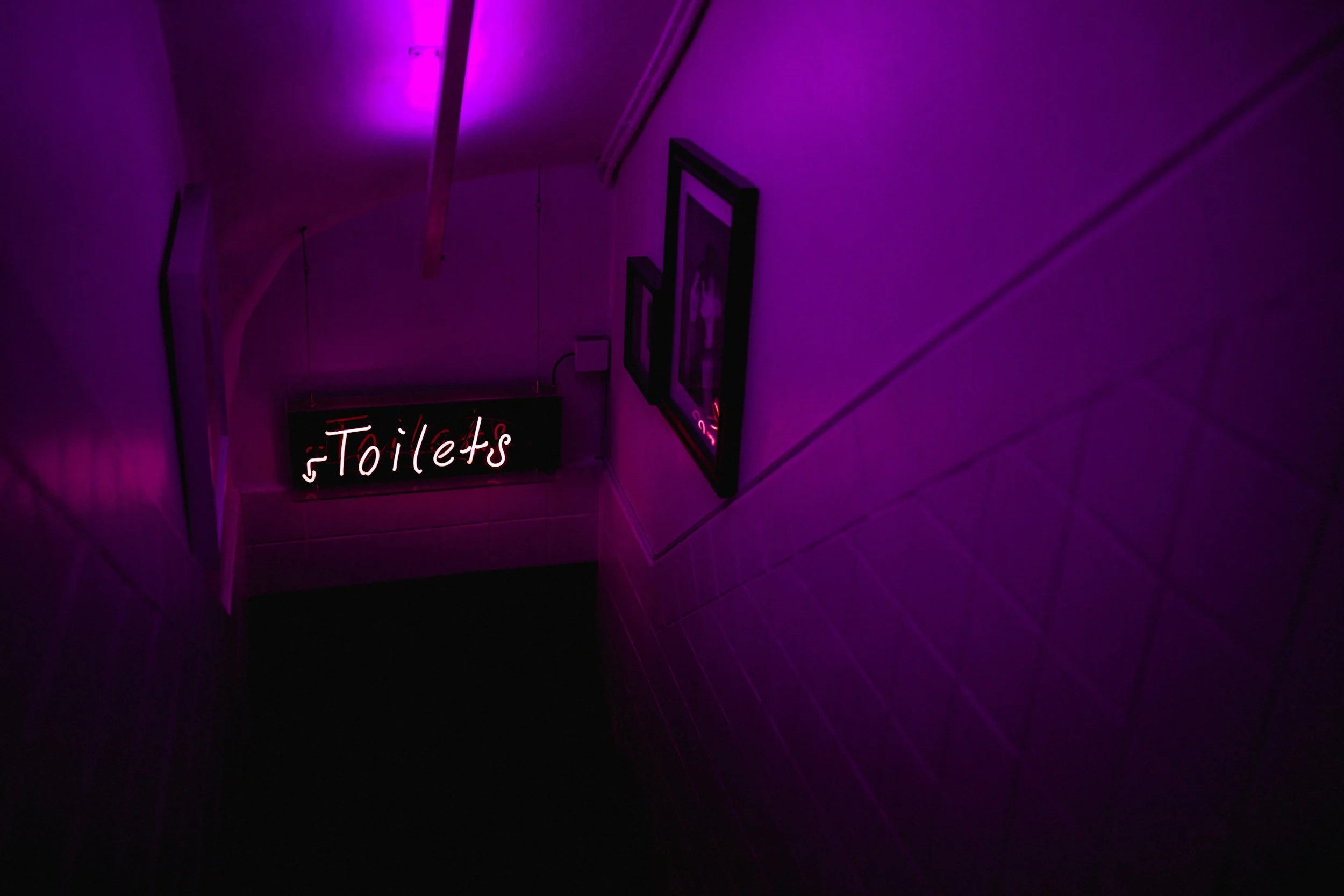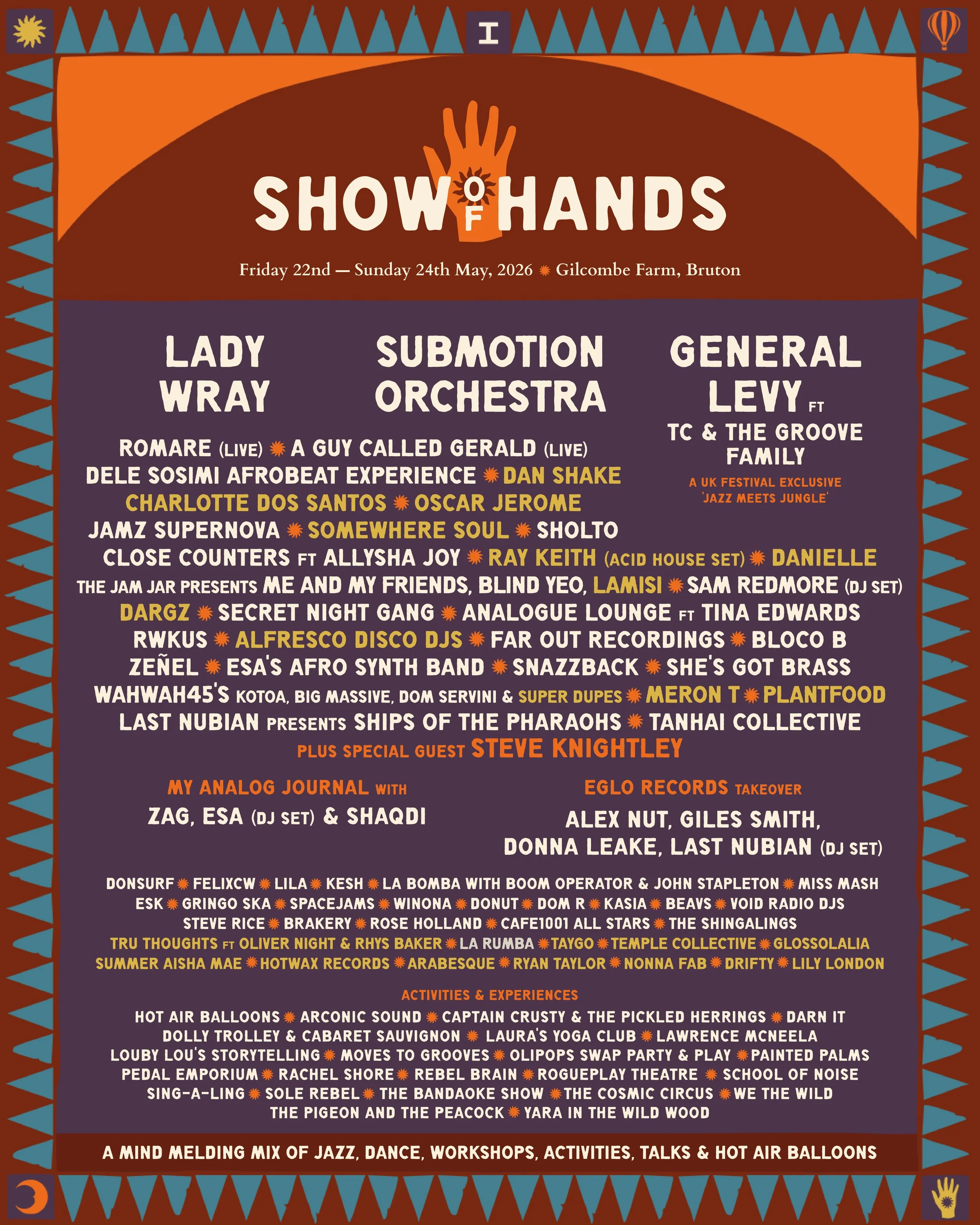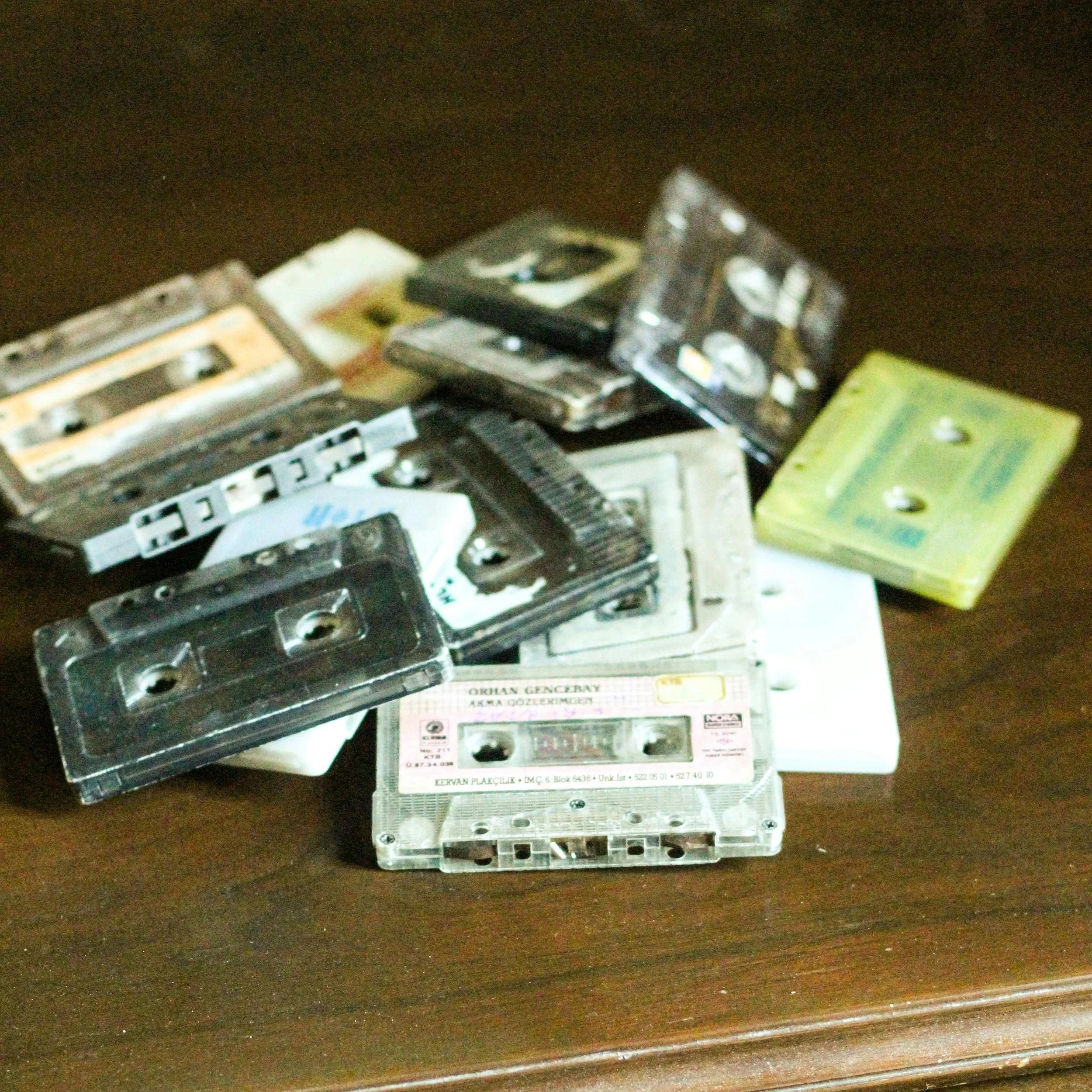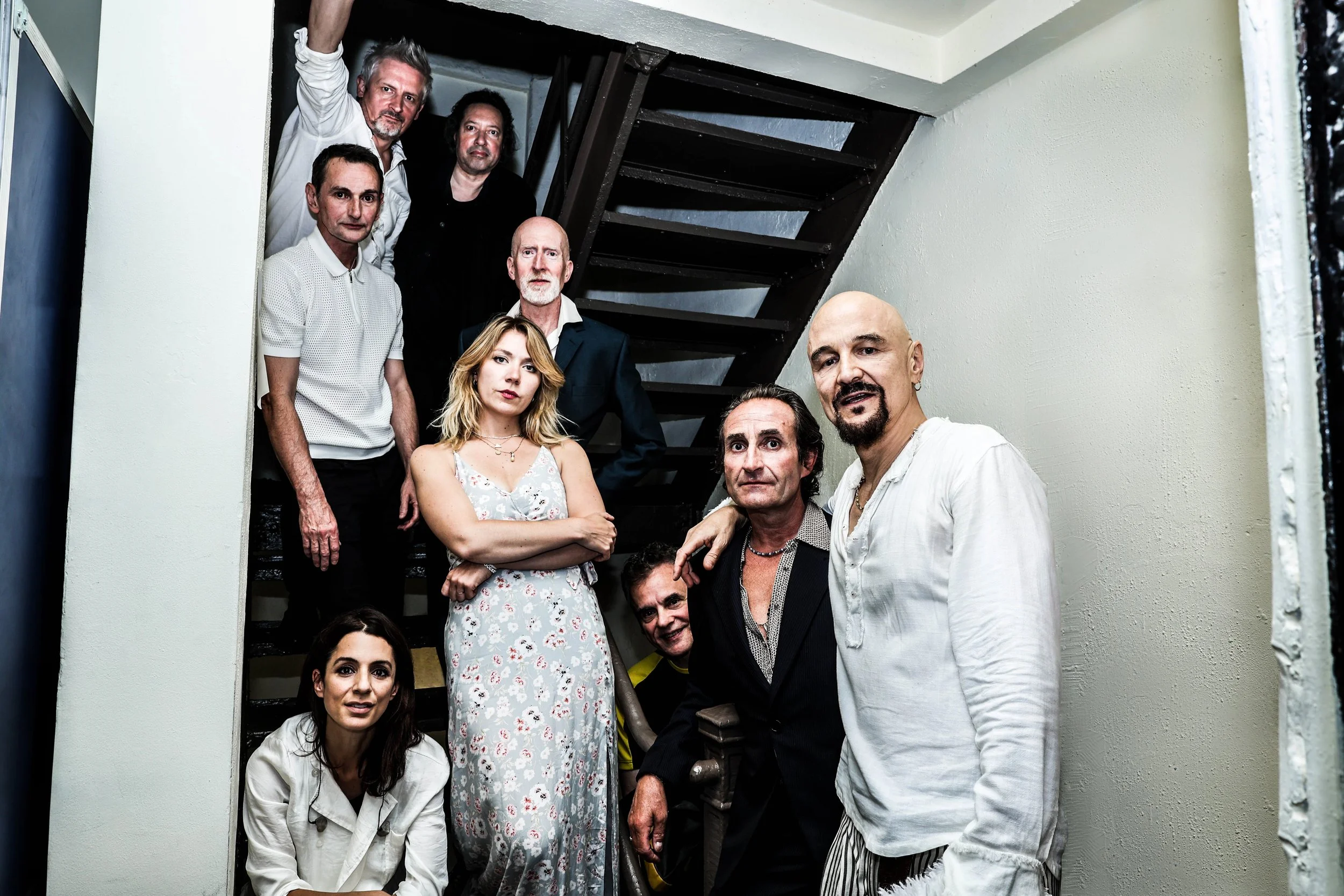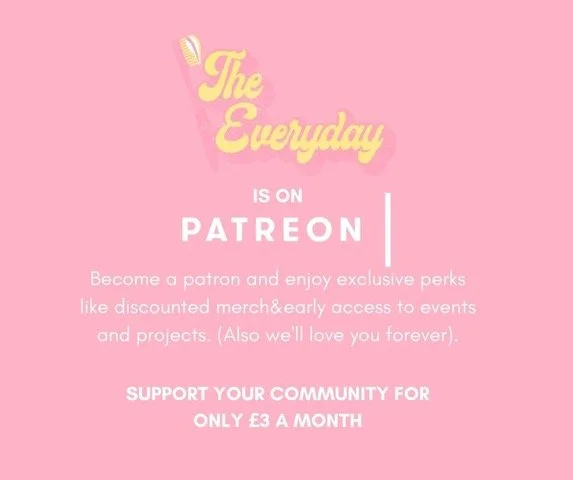Talking To: Anchal Seda
Anchal Seda; makeup artist, YouTuber, podcaster, and now an author! Anchal has been in the public eye for over ten years, working to inspire and give advice to brown girls globally. Her latest release ‘What Would The Aunties Say? A Brown Girl’s Guide To Being Yourself And Living Your Best Life’ addresses taboo topics, whilst also providing sisterly advice for the many dilemmas brown girls go through on an everyday basis. We caught up with Anchal to discuss all things girly, whether that be breaking norms, risky dating or following your dreams. Read on to find out more of the gems Anchal has to share - and don’t forget to pick up a copy of the book!
What inspired the book?
It was a way to express all my thoughts, without any limitations. I feel like when you’re doing YouTube videos on ‘brown girl problems’ or doing a podcast, there’s only so much you can get into those topics. You're under a time constraint, there's only so long you can go on about a certain topic. Not because there's not a lot to be said, but because there's only so long that an episode can be. But doing the book meant that I could just write and write, and I could keep writing and talking about that same topic until my heart was content. It was also a different way of connecting with people and allowing people to relate to certain topics. I feel like there weren't any books like this out there, and I definitely wanted to fill that space.
Did you feel like you’d gotten a lot off your chest?
Oh my god - yes! I felt like it was like therapy in a way. As much as I was reacting to real-life problems that had been sent to me by my followers, it was also an opportunity to share some of my own stories and experiences and thoughts. There was only so much I could do on other platforms. It definitely felt like I got a lot off my chest.
You’ve got a beautiful cover here on the book, did you have any input on the design process?
Yes! I am somewhat of a control freak, and I like to get involved with everything. I had an incredible designer, and the publishers had an incredible design team who gave great layouts. But, I got myself onto photoshop, and started creating different layouts, backgrounds and templates.
How was the writing process?
I found it to be really enjoyable. It was stressful at times because I had a short amount of time to write it. A lot of publishers give a lot of time, or some authors write a book over years before they go to a publisher, but mine was the opposite because I knew what was going into the book but I hadn't actually written it yet. I had three months to write the entire book. It was stressful at times, but I put all my focus and heart and soul into writing this book. In a way, I'm glad it was like that because if I had more time, I don't think I would have had the same adrenaline. I had a thrill doing it, and I was able to get on with it. I work well under pressure.
What do you hope to achieve with this book?
I really wanted this book to be something that other brown girls pick up and relate to, no matter what age they are. The book is for a wide demographic. There are areas for when you're a young teenage girl who is becoming a woman and I can relate, but I also wanted it to be a book for women who are older and married and have gone through all of these life experiences but never felt seen. I want women to feel seen, no matter what they've been through and no matter what age they are. I want women to see that they aren't the only ones who went through it and that it's normal. I wanted to normalise things and make it clear that we were all kind of living this same parallel life but in different ways. I wanted it to be super relatable and very real.
I found that being able to relate to other women really created this sisterhood element.
Exactly! That's exactly what I want it to feel like. On my social media platforms, I've tried to be my authentic self, and be a best friend and a big sister; someone who people can talk to. I really wanted that to come across in the book. Which is why I wanted elements of humour, but also seriousness.
The book interestingly addresses how the notoriously judgmental aunties in the brown community project their own insecurities and reflect on their own experiences. Could you speak a little more on this, and what you think influences this?
I think they project their own insecurities from their own life experiences. They definitely had things a lot tougher than we do now. It's a shame, and I'm not going to say all, but it's a lot of aunties that do this and project these insecurities in a negative way onto the next generation. They need to take ownership of their difficulties, and shouldn't want the next generation of women to go through what they went through. But some don't want to see you do better, they feel like if they've gone through it then why shouldn't everyone else, and that it's normal. They've normalised some of these traumas, and that's not how it should be.
I also think because of what they have been through they are trying to protect you, but it comes across in an extreme way. I do think it comes from a place of love, but I don’t think a lot of the aunties know how to necessarily share it in a loving way. I think our generation of brown girls is a lot more lenient and understanding of the next generation and their struggles, because we understand our own. We’re having these discussions, and we’re waking up and thinking this cannot continue, we need to do better for the next generation.
Women are paving the way for themselves, we’re starting to challenge these unhealthy norms.
Yes! And even for the people around them and in their own spaces, it's so beautiful to see people changing the way they think and react to certain situations, even now with the people around them. We can make these changes now for ourselves and for the people we know.
Dating in the South Asian community is incredibly taboo, were you nervous writing about this, and the potential backlash you could receive?
I was a little bit nervous, I knew my dad was going to read it. These are not conversations I have with my dad or my relatives. But I had to put my own feelings and fears aside when writing the book. The whole point of it was so that other brown women could read it and relate. The book is for other girls, not for the judgemental aunties, or my dad. I just had to focus on who exactly this book was for. I had to do my best for those people.
I think the book serves as a testament to paving the way for other brown girls.
I didn't want to let anyone down by not discussing the topic with people. I wanted to give each of the topics my full heart, and I hope that comes across.
It did. Reflecting on your book, how do you think the South Asian community can start to recognise ill mental health, and move away from the stigma attached to it?
I think we are slowly getting there, but it's more about having these conversations and educating the older generation on different types of ill mental health and making them aware that it's not necessarily a bad thing that we are aware of our mental health and are trying to look after it. We need to not feel ashamed to have these discussions, no matter what anyone thinks, you should take ownership of what you feel and are going through, I think that can be really empowering. I really think there's a lack of education in the South Asian community about ill mental health and what it actually means. It's such an umbrella term, it doesn't mean you’re crazy, but sadly that's how people view it, and that's what we need to change. We need to start understanding different types of ill mental health, and how to manage it.
For second generation immigrants living in the UK it can be hard to embrace your culture, whilst also trying to fit in with British culture. Can you reflect on your experience, and provide some advice on how to find a balance between the two?
Personally, I spent a lot of time not being so proud of who I am and my roots and culture. When I was younger I felt a bit embarrassed at times. Even to this day, on TV you never see sexy Indian men or women, they are generally geeky or nerdy and there's these stereotypes we fit into. We grow up seeing these things that don't make us feel good. Age can be amazing though, as you grow up and learn about your roots and start accepting yourself more. The best advice I can give is to take the time to learn about your roots, don't be embarrassed about who you are, it's what makes you, you. It's what makes you unique. It's such a beautiful thing. I wish I embraced my culture and roots a lot sooner rather than trying to fit in with other people.
In the book you mention how often people with more creative dreams and ambitions like music or even YouTube, like yourself, are often discouraged from going down that route. Instead, the university route is pretty much shoved down everyone’s throat, and in the South Asian community, you are expected to become a lawyer or a doctor, etc. Where do you think this pressure for more ‘professional’ careers comes from?
I think it comes from our parents wanting security for their children. It comes from a place of love but doesn't come out in that way or the best way. They've had to struggle and immigrate to new countries and build a life for themselves and their kids, all they want is for you to not struggle the way they have. They want you to have security. I guess the way they know how to do that is financial. Help your parents understand different routes you can take, map it out for them instead of saying ‘I wanna do this’ when they have no clue what any of it entails. You have to keep them in the loop, have the discussion with them and make them feel a part of your journey. They just want to see you succeed really.
More about you, what is perhaps your most embarrassing brown girl experience?
I have embarrassing brown girl experiences all the time, like where people can't say my name and I have to say ‘it’s Anchal,’ and sometimes I wish I had an easier name. Sometimes people say ‘can I call you Angel?” and I say no, because if my name was Angel then you could call me Angel. I think the embarrassing moments come from trying to juggle being a British Asian and being Indian in British society, other people can give you those embarrassing moments. Sometimes I don't know a particular word in English, because the word I know it as is in Punjabi. Or vice versa, and I really struggle then.
What is the message of the book?
Live your best life! By doing that you need to make decisions and choices for yourself and not others, like the aunties. It's about growing and getting to know yourself as a person, and making choices for yourself so that you can live a happier life for yourself.
You have a podcast dedicated to brown girl dilemmas, what inspired this and the shift from makeup videos on YouTube?
I’ve always been extremely opinionated and expressive, and I love having deep conversations, I felt like I couldn't get that across through makeup videos. I was having my own brown girl experiences like secretly dating, and I thought ‘why is this so taboo? Why are we not talking about it?’. I wanted to address these topics in a bigger space, and have a bigger conversation. Even with makeup, I started my makeup videos so there were videos for other brown girls, I wanted to fill that space. It made sense to me to have this smooth transition, and it was a chance for me to share more of my personality, and connect more deeply with others. I love makeup, but I always felt that I am much deeper than makeup, and this allows me to show people this.
Can we expect more work from you in the future?
More podcasts, and I guess I would like to write another book, but I won't say too much on that. I do have my thoughts. There's so much I want to do, but delivering for my brown girls out there is my ‘why’ and my core. I want to keep representing them and hopefully make them proud.
What is your message for brown girls who are growing up in (judgemental aunty phrase incoming) ‘this day and age’?
My message is to think about what you want, don't make your decisions based on what other people want. It's your life, you have to be happy living it, as long as you aren't hurting anyone with your decisions. Live your best life!
You can get a copy of ‘What Would The Aunties Say?’ here







